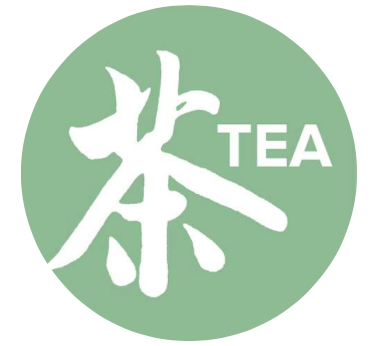Recent Tea Research From UC Davis (Since 2020)
Tea research at UC Davis is being produced across the disciplines by our world-class faculty, researchers, and students, showing the true dynamism of tea studies. Below is a list of recent publications from our campus community:
Economics
Robert Feenstra, Distinguished Professor Emeritus, Department of Economics
Feenstra, R. C., Xu, M., & Antoniades, A. (2020). What is the Price of Tea in China? Goods Prices and Availability in Chinese Cities. The Economic Journal : The Quarterly Journal of the Royal Economic Society., 130(632), 2438–2467. https://doi.org/10.1093/ej/ueaa066
Entomology
Bruce Hammock, Distinguished Professor, Department of Entomology
Xu, L., Abd El Aty, A. M., Cao, Z., Lei, X., Zhao, J., Li, J., & Gao, S. (2023). Generating Monoclonal Antibodies against Buprofezin and Developing Immunoassays for Its Residue Detection in Tea Samples. Journal of Agricultural and Food Chemistry., 71(41), 14967–14978. https://doi.org/10.1021/acs.jafc.3c03263
Food Science
Alyson E. Mitchell, Professor, John Kinsella Endowed Chair, Co-Director of Food Safety and Measurement Facility, Department of Food Science and Technology
Uhl, K. R. (2022). Headspace Volatile Organic and Phenolic Compounds in Elderflowers and Elderflower Teas of Blue Elderberry (Sambucus nigra ssp. cerulea). ACS FOOD SCIENCE & TECHNOLOGY, 2(10), 1535–1545. https://doi.org/10.1021/acsfoodscitech.2c001771535
Maria Marco, Professor, Chair of Food Science Graduate Group, Department of Food Science and Technology
Mukherjee, A., Breselge, S., Dimidi, E., Marco, M. L., & Cotter, P. D. (2024). Fermented foods and gastrointestinal health: underlying mechanisms. Nature Reviews., 21(4), 248–266. https://doi.org/10.1038/s41575-023-00869-x
Gail Bornhorst, Professor and Engineer, Department of Food Science and Technology
Zambrano, Y., Bornhorst, G. M., & Bouchon, P. (2024). Understanding the physical breakdown and catechin bioaccessibility of third generation extruded snacks enriched with catechin using the human gastric simulator. Food & Function., 15(2), 930–952. https://doi.org/10.1039/d3fo03857b
Nutrition
Dragan Milenkovic, Associate Researcher, Department of Nutrition
Ruskovska, T., Morand, C., Bonetti, C. I., Gebara, K. S., Cardozo Junior, E. L., & Milenkovic, D. (2023). Multigenomic modifications in human circulating immune cells in response to consumption of polyphenol-rich extract of yerba mate ( Ilex paraguariensis A. St.-Hil. ) are suggestive of cardiometabolic protective effects. The British Journal of Nutrition., 129(2), 185–205. https://doi.org/10.1017/S0007114522001027
Gerardo Mackenzie, Associate Professor and Co-Vice Chair, Associate Nutritionist in AES, Department of Nutrition
Wei, R., Su, Z., & Mackenzie, G. G. (2023). Chlorogenic acid combined with epigallocatechin-3-gallate mitigates d -galactose-induced gut aging in mice. Food & Function., 14(6), 2684–2697. https://doi.org/10.1039/d2fo03306b
Alan Crozier, Research Associate, Department of Nutrition
Borges, Gina, et al. “Absorption, Distribution, Metabolism and Excretion of Apigenin and Its Glycosides in Healthy Male Adults.” Free Radical Biology and Medicine, vol. 185, 2022, pp. 90–96, https://doi.org/10.1016/j.freeradbiomed.2022.04.007.
Plant Biology
William J. Lucas, Distinguished Professor Emeritus, Department of Plant Biology
Theanine transporters identified in tea plants (Camellia sinensis L.)
